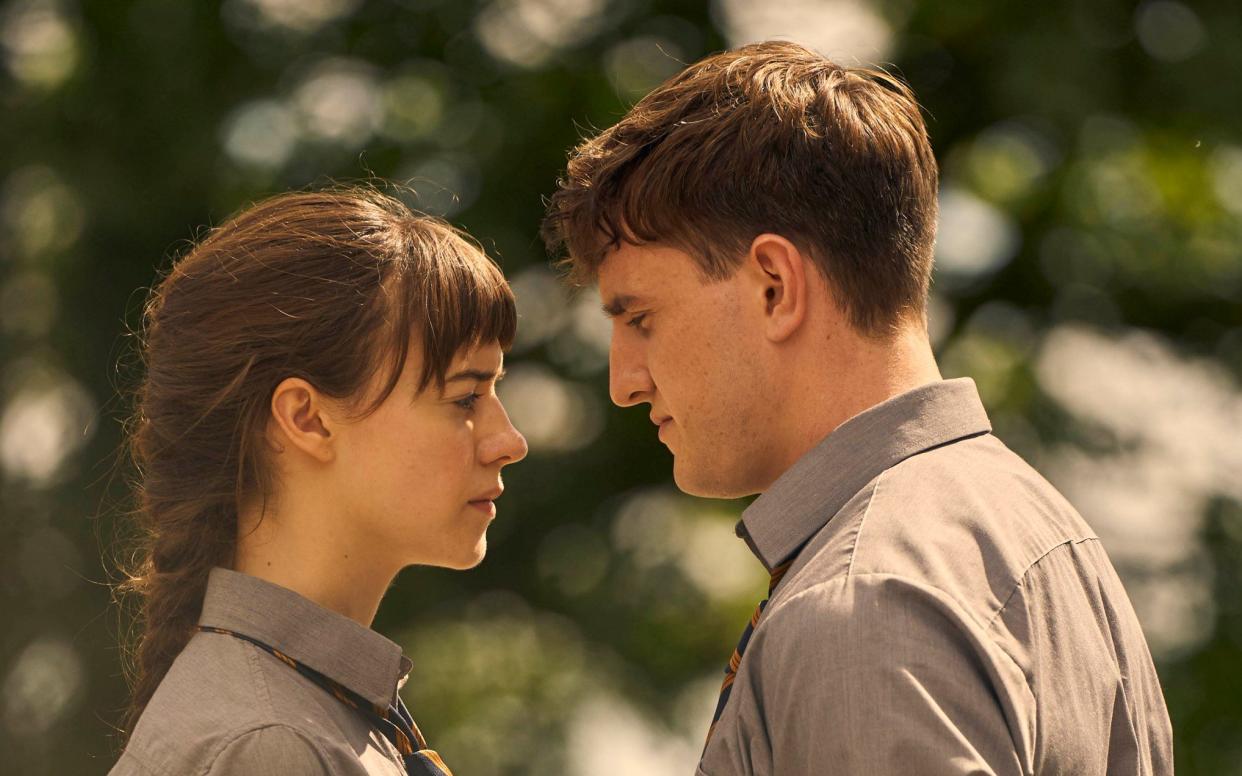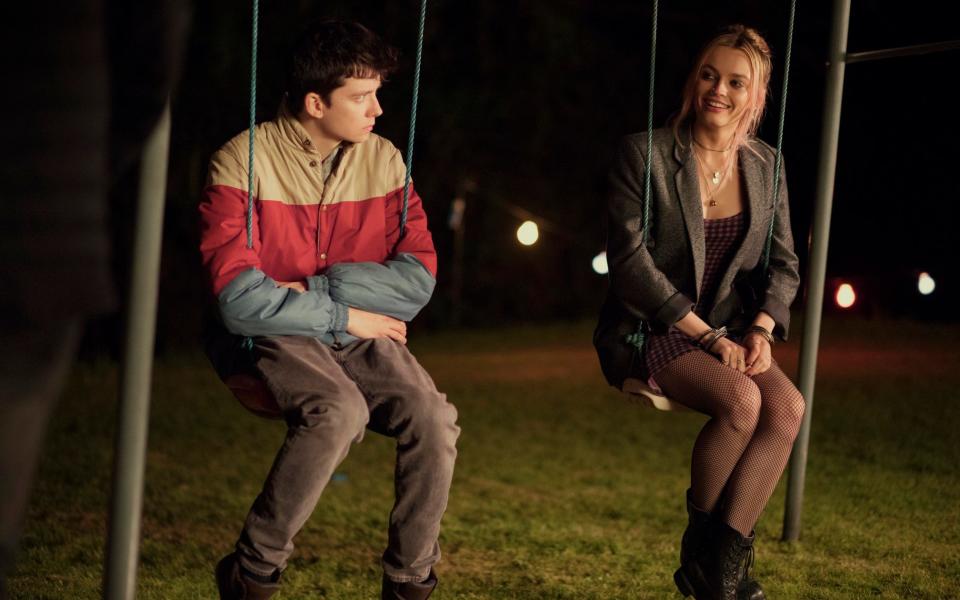TV sex scenes 'to be subject to social distancing rules'

The lights are low, the passion is high… and the characters are staying two metres apart to respect the rules on social distancing. Welcome to television sex scenes, covid-19 style.
The BBC’s latest drama, Normal People, is a tender tale of first love that features a number of intimate moments between its two leads, played by Daisy Edgar-Jones and Paul Mescal.
But the show’s intimacy coordinator, Ita O’Brien, has said it may be among the last for some time to feature scenes in which the actors are within touching distance of each other.
Instead, dramas filmed during lockdown will have to rely on a healthy dose of imagination.
O’Brien’s job involves working with actors and directors to choreograph love scenes, ensuring that all parties feel comfortable.
Asked how sex scenes can co-exist with rules that bar people from close contact, she told BBC Radio 4’s Today programme: “It’s absolutely something that we are considering, as intimacy coordinators… how we respect social distancing so we can support everybody’s health while also creating intimate contact.
“Intimacy coordination is about serving character, serving storytelling. So actually there is so much intimacy that we can still tell - intimate stories but through intention, sculpting the gaze and perhaps a movement towards each other that might not require actual touch but which can still generate all that intimacy.”
O’Brien also works on the Netflix show, Sex Education, which is known for dealing frankly with the sex lives of teenagers. The third series was due to go into production in May but has been postponed due to the covid-19 outbreak.

The second series of Gentleman Jack, the BBC drama which also featured scenes of a sexual nature, is also on hold. But if lockdown continues for several months, producers will have to consider whether they should commence shooting with social distancing rules in place.
Films and television series that will be shown this year and which do feature sex scenes were all filmed before the outbreak - including the new Bond film, No Time To Die, which was due for release in April but has been pushed back to October.
Normal People, an adaptation of Sally Rooney’s acclaimed novel, follows the relationship of two young people, Marianne and Connell, as they progress from school in the west of Ireland to university in Dublin.
The director, Lenny Abrahamson, was at pains to make the intimate scenes as comfortable as possible for the actors, particularly Edgar-Jones.
He told the Telegraph: “There are a lot of sex scenes and, 10 years ago, a shoot was very male. You’d have a male director, male assistant director, male sound department, male cinematographer, all looking at a woman naked with a man.
“I’ve never been a traditional shouty male director anyway, but this time I made sure Daisy wasn’t the only woman in the room.”
Intimacy coordinators have become commonplace since the Harvey Weinstein scandal and the advent of the #MeToo movement.
O’Brien said her role is “to provide clear communication around the intimate content and then to put in place a structure that allows for agreement and consent of touch, and then a process to choreograph the intimate content clearly so that everything is done in a professional manner… and the actors are able to separate out their personal selves and professional selves.
“In the past, invariably people were just embarrassed to talk about the intimate content, there wasn’t a professional structure so one of two things would happen: the director might talk about the scene and say, ‘You two go off and work it out for yourselves and come back and show me what you’ve created,’ or they’d just put them in front of camera and say, ‘Now go for it.’... leaving the actors in a vulnerable situation.”

